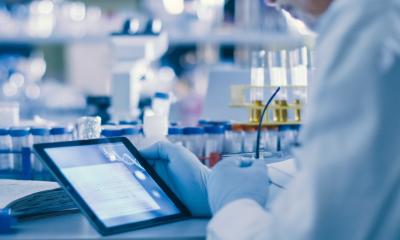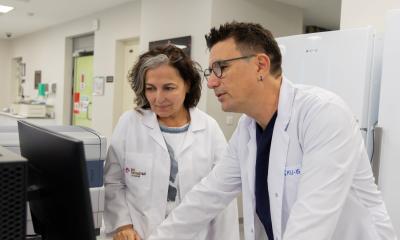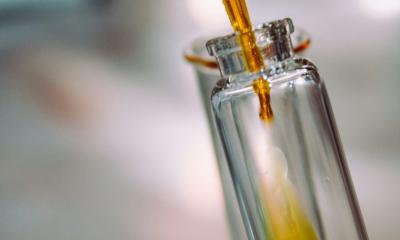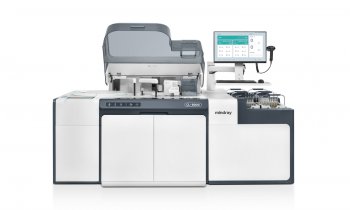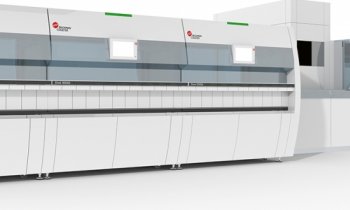Image source: Unsplash/Louis Reed
News • Fixed DNA Molecule Array
World’s fastest DNA testing method created
A group of scientists from Vilnius University have developed the world’s fastest DNA testing method, reducing DNA testing costs by 90%.
It identifies changes in chromosomes, genes, or proteins to determine a genetic condition or eliminate the chance of the formation or passing on of a gene-based disorder amongst humans and animals. At present, the sole method of genetic testing is the DNA curtain method, which captures images of the interactions between proteins and DNA at a single molecular level. The approach, however, has been described as “technically challenging and relatively unstable” due to the relationship between chromium barriers and fluid lipid bilayer membranes. To overcome the challenges presented by existing DNA testing methods, scientists from the Vilnius University Life Sciences Centre (VU LSC) and the Center for Physical Sciences and Technology (CPST) have jointly-developed an alternative approach. The Fixed DNA Molecule Array method is a solution that makes DNA testing more cost-effective and simpler.
The solution developed in the Lithuanian capital reduces costs and time due to its use of a blueprint that can be used repeatedly as opposed to just once. It is estimated by VU LSC and the CPST that this approach can reduce the cost of one DNA testing experiment by 90%. The research was carried out by seven scientists from VU LSC and the CPST at the newly-opened Saulėtekis science and technology park in Vilnius. It took 2.5 years to develop and received EUR 100,000 in funding from Lithuania’s national research council.
One of the leaders of the Fixed DNA Molecule Arrays project, Dr. Mindaugas Zaremba, believes that the alternative to the DNA curtain will not be the last ‘Vilnius-made’ solution to contribute to the advancement of international science. The project brought together biochemists exploring DNA-interacting proteins from VU LSC, and CPST’s physicists who used Lithuanian-developed laser technologies to explore the molecules. “This latest achievement shows the strong spirit of collaboration between the sciences in Vilnius," he commented. "Without biochemistry, we would not have been able to obtain the correct proteins for the research. Without the lasers, we would not have been able to observe these molecules and their behaviour. If we continue to work closely together and work on the development of our talented scientific community, I do not see why Lithuania, especially Vilnius, cannot become a hub of European scientific breakthroughs and international export of the future."
Source: Go Vilnius
05.08.2019



